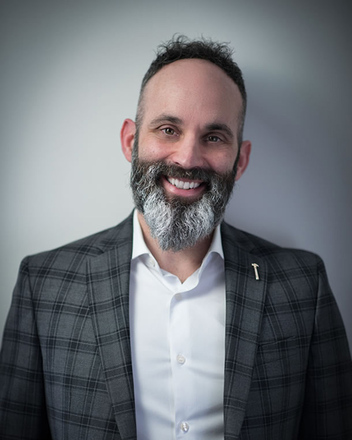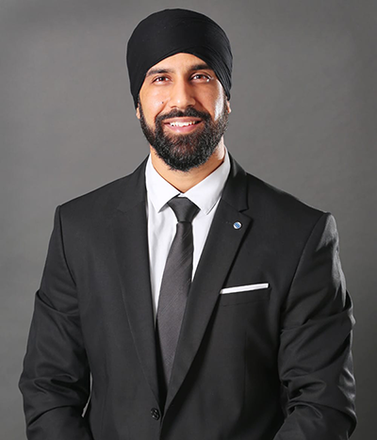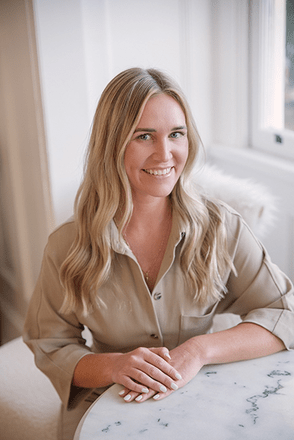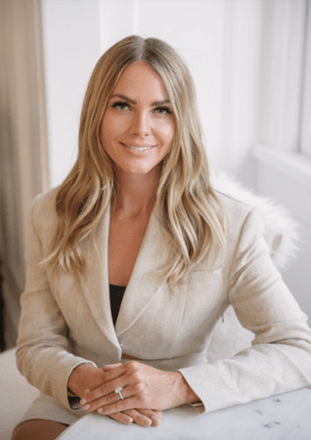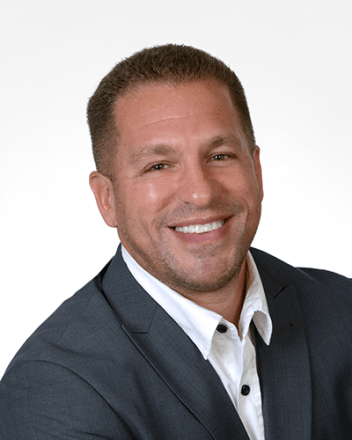Axiom Mortgage Solutions
Formerly The Modern Mortgage Unlimited Company. A multi region reach of the brokerage. Axiom is a client focused and community driven brokerage, contact us:
Axiom Mortgage Solutions
Head Office
223 14 Street NW
Calgary AB T2N 1Z6
Compliance Officer
Gord Appel
(403) 714-4663
gord.appel@axiom.ca
Broker of Record
Gord Ross
800-517-8670 ext 301
gord@axiommortgage.ca
Our Team
I’ve known Spencer for a long time and he has done an amazing job helping my wife and I with our mortgage. We have a complex scenario and he made it simple. I’d highly recommend Spencer to everyone.
Matt Stiller
Very professional. Great to deal with.
Joel Thistle




